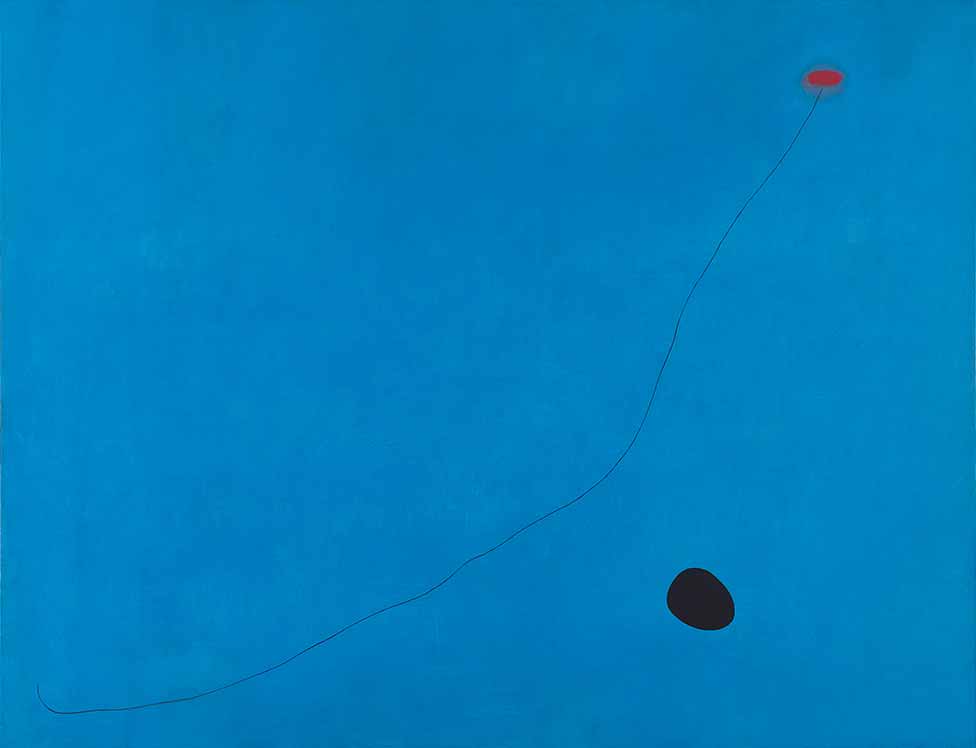Post by HLTD50 student Shining_Diamond_17
What is an outlier and what makes them so special? Malcolm Gladwell, in his best-selling book Outliers, takes two definitional approaches to defining this term:
- In mathematics, an outlier is “a statistical observation that is markedly different in value from the others of the sample.” In other words, it’s a point in a data set that is considered an anomaly that deviates from the norm”;
- More broadly, it is “something that is situated away from or classed differently from a main or related body.”
Both these definitions share the common underpinning that an outlier is different, someone or something, that possess a special quality that distinguishes them from the overall population. If you stop and think for a minute, I’m sure you can identify many cases of ‘outliers’ that you’ve encountered, read about, or learned about thus far in your life. You may think of an outstanding individual with a high IQ like Bill Joy, an extremely talented musical prodigy like Mozart, or – more pertinent to this blog space – a loved one that has defied medical odds and puzzled medical physicians with their rare clinical diagnosis.
For me, I find myself thinking about the latter, in fact, I can’t help but think of myself in these instances. As an individual who identifies as having a disability and an extremely rare clinical diagnosis, my entire life has been a series of medical visits to unravel the medical mystery behind my diagnosis. I’ve witnessed the confusion of countless medical physicians as they struggle to piece together my medical history, test results and previous medical reports into a complete and cohesive picture. These experiences are not only frustrating for the medical professionals, but also for me. I continuously tried to convey my symptoms and past medical history in a manner that is concise, accurate, and helpful. I’ve gotten many of the same responses, a nod in seeming understanding of the information I’m conveying, but I can’t help but wonder if they really are listening and understanding to what I am communicating or are they merely acknowledging that I am speaking with a polite nod? These encounters at the doctors’ office prompt me to think of an instance where I was invited to give a short speech at a rehabilitation hospital. I was invited to share my story to a room full of physicians, nurses, and other medical staff. Throughout my talk, I noticed many audience members would nod empathically whenever I would make a point, a trend I noticed throughout my talk. This made me, once again, wonder if they were truly understanding what I was saying or if they were just following social cues?
I think a key part of this inner struggle is the fact that my medical history is so unique that it can be difficult for others to fully comprehend as they cannot directly relate due to not having gone through such unique circumstances. Audre Lorde, quoted in our HLTD50 course reading Going Unscripted, articulates the struggles of discussing difference amidst a sea of sameness; an otherwise impossible feat. In other words, my medical journey is so unique that speaking to an audience of medical professionals may cause some information to be lost merely because they do not have the life experience to comprehend my story. Now, I’m not arguing that everyone I encounter has to fully comprehend my story, but I would like more than a potentially routine nod from my listener. This is where the course HLTD50 comes into play. The first seminar had us sitting in a circle and introducing ourselves to the rest of the class, an exercise intended for us to become more familiar with each other, but it also doubled as a listening exercise. As a listener of other people’s experiences, I found myself nodding as well while listening to my classmate’s stories, but – reflecting back – I found myself nodding in a true understanding of the information they were presenting and not out of courtesy. This was difficult at times as I caught myself occasionally tuning out in an effort to formulate my own response.
This experience made me realize something. We’re all outliers in a way, we all have individual life experiences that are our own and nobody will be able to truly fully understand our individual stories, but we can most certainly try, and this starts with active listening, a concept I am excited to further explore in this course.
